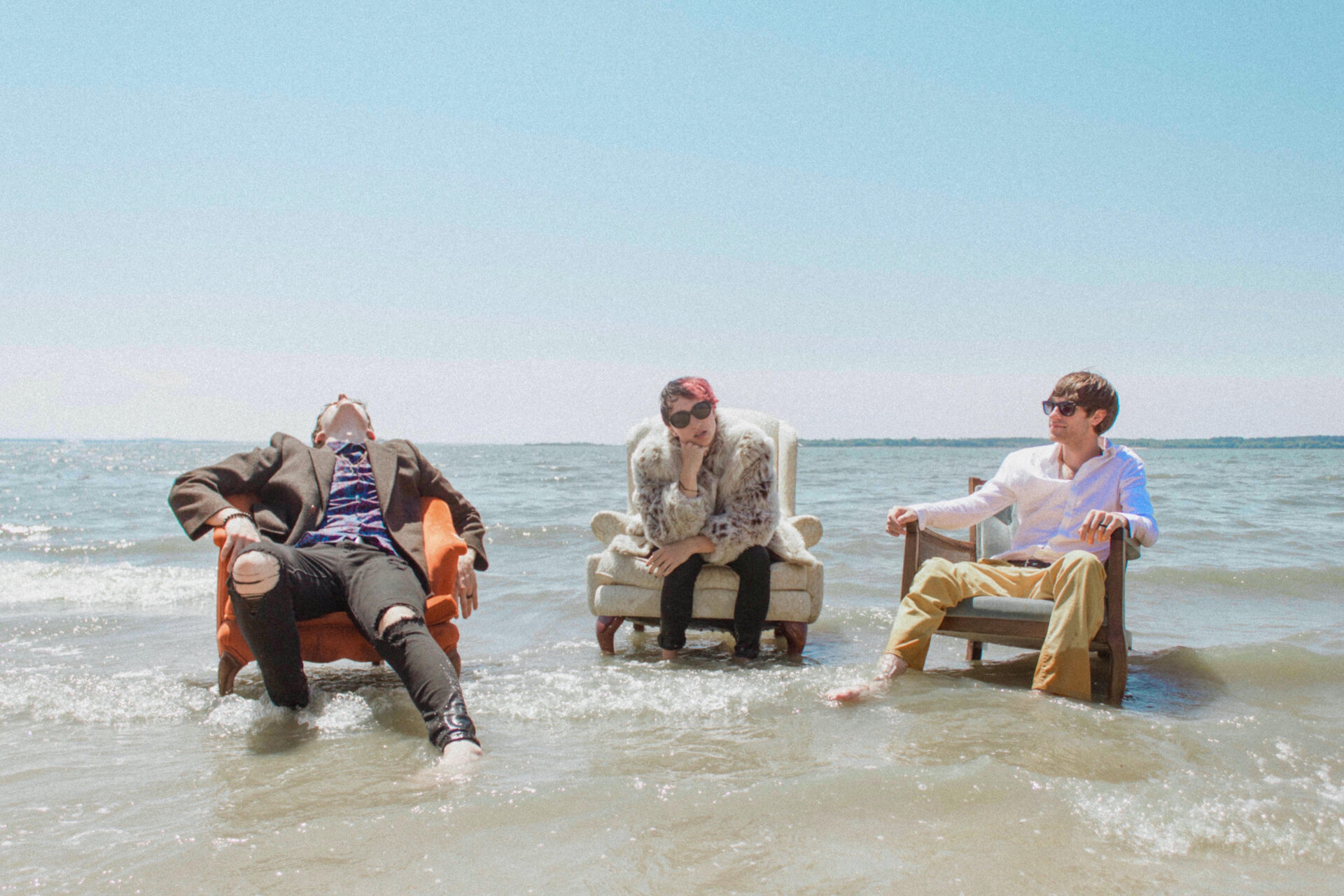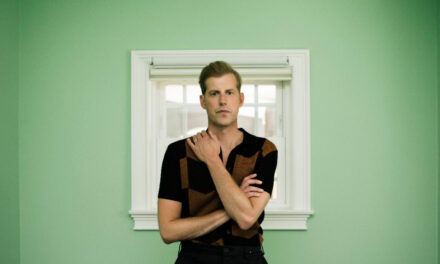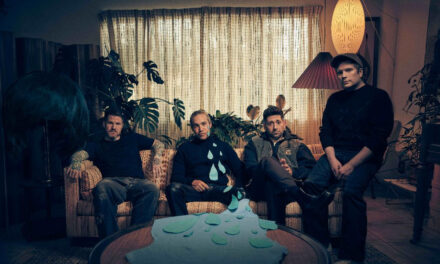“We’re the last philosophers,” observes comedy icon Chris Rock in the opening seconds of Dying Laughing. “Everybody now that talks is reading from a pre-approved script. Even our alleged smart people, you know, are corporately controlled. There is only one group of people who say what they want to say: Stand-ups.”
Dying Laughing turns the focus from what happens on stage in live comedy to the internal struggles many performers face when refining their craft. Featuring comedy legends big and small, the film attempts to unravel one of the world’s most beloved talents—making people laugh—as well as the forces that drive people to dedicate their lives to such work. The results will undoubtedly appeal more to die-hards than average comedy fans, but it deserves to be seen.
Through hilarious observations and unflinchingly honest confessions, Dying Laughing explores the life and creative process of comedians. Though largely focused on the United States, the film does implore the views and opinions of stand-up greats from around the globe. You hear road stories of blood-stained hotel rooms and long drives through lonely stretches of highway after your third vending machine meal of the week within the first twenty minutes, as well as audience encounters that will leave you in disbelief.
Read more: You will forget Fist Fight before you leave the theater
This is all interesting and well presented, but its the emotional turmoil faced by seemingly everyone interviewed that runs throughout the film and keeps you glued to the screen. Every comic has their reason for pursuing this craft, but uniting them all is a search for self, understanding, and, ultimately, acceptance that appears to have no end point. Some even recognize this possibility as true, but still they continue to work on their jokes day in and day out. It is all they know how to do, or at least the only thing that makes them feel good.
While the diversity in the talking heads of Dying Laughing is refreshing, the way they are cut together leaves a lot of room for improvement. The film opens with some of the biggest names to ever tell a joke, but by the halfway point they’ve all disappeared, replaced by a new lot of people who are later exchanged yet again. As a result, the film feels more segmented than it aims to be, which is a real shame because I am unsure any other documentary could pull together the names this film managed to gather.
If Dying Laughing uncovers a single, universal truth about comedy it is the fact that the best material is based in reality. Whether the experience and how it was perceived is conveyed by Kevin Hart, Amy Schumer, or some newcomer does not matter nearly as much as the authenticity of the content. The relatable nature of comedy is what makes it great, but finding your voice in your ability to relate to others is a torturous process that has claimed the livelihoods of many aspiring comics. Dying Laughing shares the stories of those who made it out alive, but it never loses sight of the fact that the journey to success in comedy is one of the most arduous known to modern man.













